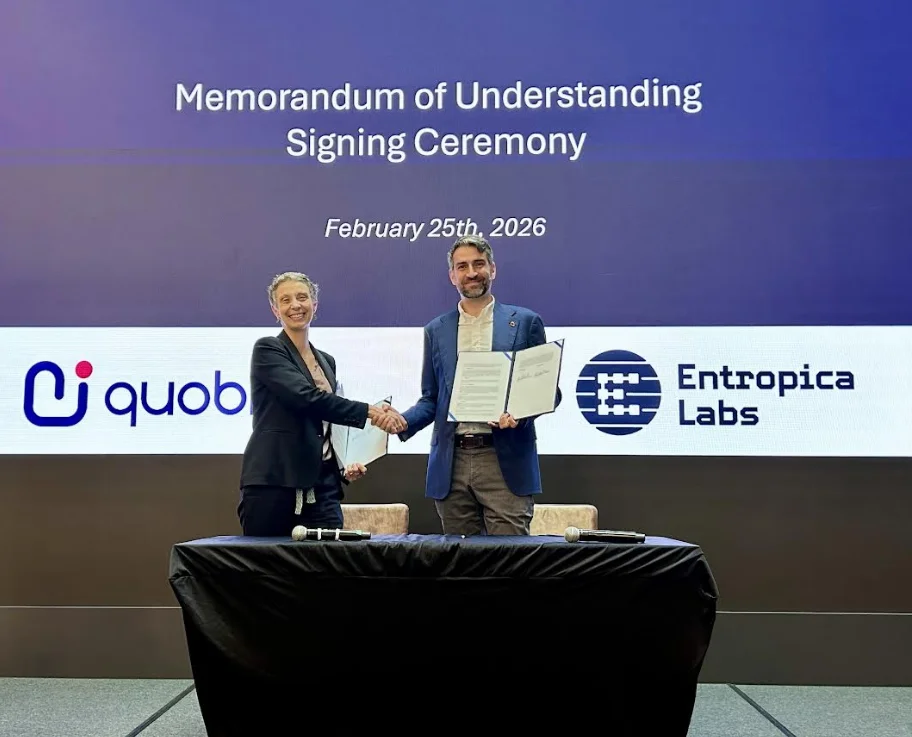Insider Brief:
- Unitary Fund, through its EU subsidiary, secured a 3-year grant from the European Commission as part of the €6M (approximately $6.2 million) QLASS project, receiving €680K (approximately $707K) to lead software development for quantum photonics hardware.
- The QLASS project aims to develop next-generation quantum glass-based photonic integrated circuits and software, enabling quantum computing applications like lithium-ion battery design.
- Unitary Fund will adapt algorithms and create an end-to-end compilation stack, leveraging its expertise in open-source tools such as Mitiq for error mitigation and software for specialized quantum architectures.
PRESS RELEASE — In a recent blog post, Unitary Fund announced through its EU subsidiary it has been awarded a 3-year grant from the European Commission as one of the beneficiaries of the QLASS project.
The QLASS project will develop next generation quantum glass-based photonic integrated circuits, and related software, to explore them as a platforms for quantum computing. The QLASS project has been awarded a 6M euro (approximately $6.2 million) grant within the Horizon Europe program, with 680k euro (approximately $707K) awarded to Unitary Fund France to lead the software development efforts. We will adapt algorithms to run on the specific quantum photonics hardware developed by other partners, designing an end-to-end compilation stack. We will leverage UF expertise in quantum open-source software development to develop algorithms and software to run on QLASS-produced quantum photonics chips, optimizing the process from the algorithmic level down to the compilation, simulation and error mitigation tasks.
The project is coordinated by Dr. Giulia Acconcia from the Polytechnic University of Milan. The collaboration brings together many European players of research and development in quantum science and technology based in Italy, France, and Germany, from public ones (Politecnico di Milano, Fondazione Politecnico di Milano, University of Montpellier, CNRS, University of Rome La Sapienza) to private players (Ephos, Unitary Fund France, Pixel Photonics, Schott AG). More information can be found in the recent press release. The project matches competences and capabilities from academic partners, dynamic startups and SME environments and includes a large industry player, all with complementary roles in the project, from the glass fabrication of the photonics chips to their characterization and operation, including the development of specific software. The application that will be investigated and benchmarked in the QLASS project includes the design of algorithms to design next generation Lithium ion batteries.

UF will leverage its experience in building software projects such as Mitiq, the most widely used open-source toolkit for practical quantum error mitigation, and ongoing projects in the compiler space. Mitiq is a cross-platform error mitigation compiler, run on various quantum hardware from ion-trapped devices to superconducting circuit-based devices. In the past, Unitary Fund has also been involved in the development of software aimed at specific architectures, such as neutral-atom based quantum processing units in the Pulser and Aquapointer projects. The focus on photonics-based quantum processing units is a first for Unitary Fund.














